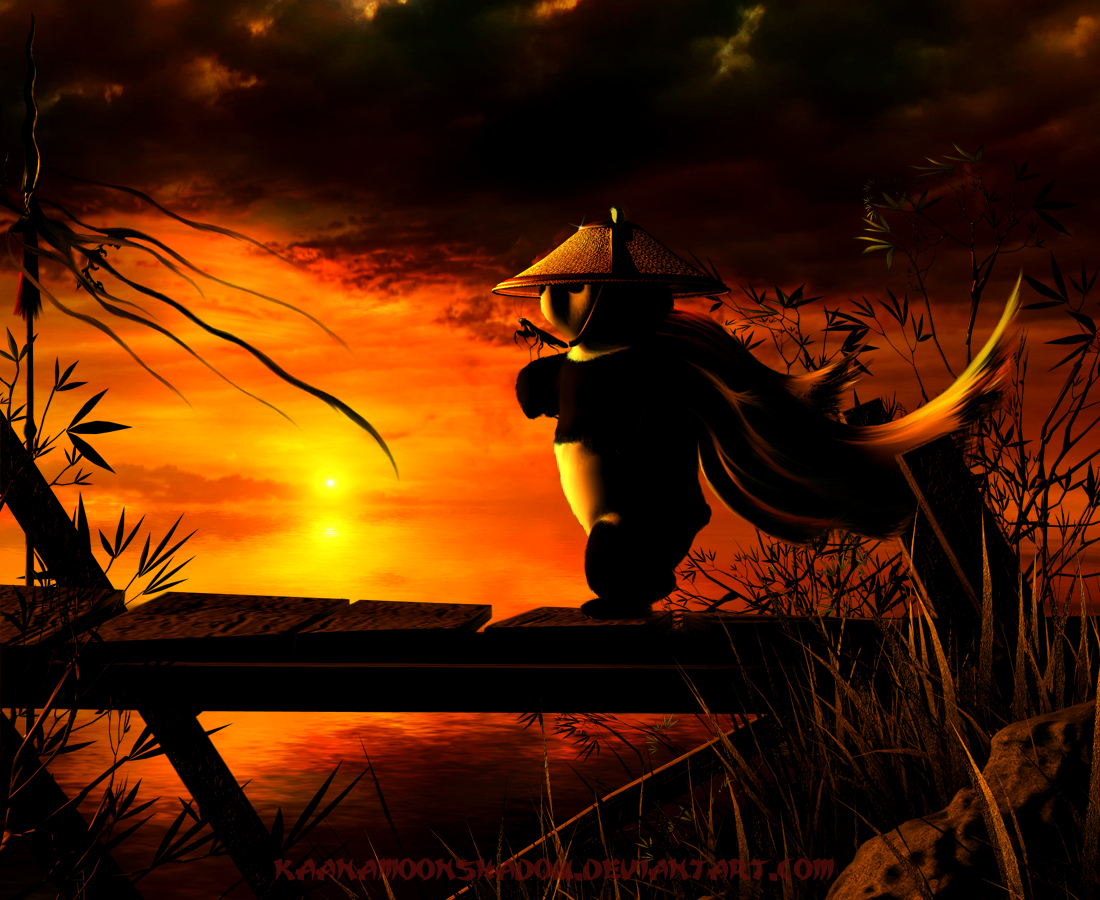Last few weeks had seen me get into endless debates about whose music is better—J or mine? The weekend that went by saw VH1 air thier “VH1 Storyteller Sessions.” It started of fine, with Green Day doing the honors of warming the stage. I was thoroughly enjoying myself. What was in store was even more magical though. After an hour of spiked hair, eye make-up, songs about angst, broken dreams, and general all-round histronics, Pearl Jam came on. As soon as they started thier set, I could not help but notice the stark difference in, well, everything. The music, the voice, lyrical progression, composition, melody, on-stage presence of a bunch of guys in khakis, long hair, and beard. Everything. I realized why I loved Eddie Vedder so much, why every waking moment of my second year in Pune was spent with either Vitalogy, Vs, Ten, or Yield playing on my PC. While Billy Armstrong screamt out his lyrics demanding attention, Vedder’s voice could be likened to the mysterious incantantions on an ancient cave—you can’t but want to find out what they are all about. While talking to C about all of this, she told me to write about it. And I decided I would. But for the longest time I had something else on my mind, musically—Mark Knopfler, Brothers in arms to be precise.
Through these fields of destruction Baptisms of fire I’ve watched all your suffering As the battles raged higher And though they did hurt me so bad In the fear and alarm You did not desert me My brothers in arms
Dire Straits are still seen as the bastions of dad-rock, a hangover from the days when music and youth were alien to each other. They weren’t. They were great. Brothers In Arms is great. And this is where I prove such. Before the defense makes its case, though, some anecdotal evidence. I have a friend, Thomas, Q-Jam Box technician. His CD collection is full of dead white guys—The Who, Lynyrd Skynyrd, The Beach Boys. Talk to him about recent years though, and he’ll express a liking for Dixie Chicks and an opinion that Britney Spears’ “Boys” is the finest single of the last decade. He puts Todd Terry and R Kelly onto pub jukeboxes. I quizzed him about this volte face once and he denied that it was cultural schizophrenia but rather that guitar music nowadays has nothing to appeal to him in the same way it did under the reigns of Heath, Wilson, Callaghan, and Thatcher. He cites Brothers In Arms as the logical end point for his CD collection, and, after that “People should have just put the guitar down. They may have come up with something new, but nothing new that was worth coming up with.”
He’s right.
When the final track on this album draws to an end, you realize that you’re actually listening to a historical document. The release of this album in 1985 marked the era-end for what we now term “classic rock.” Listen to the classic rock station on Worldspace, tune into 107.1 FM, ask guys in denim jackets what music they listen to—nothing comes after Brothers In Arms. In the five act play of stadium rock, Brothers In Arms ends with a stage littered with corpses.
It wasn’t the only way that it changed the world though.
Brothers In Arms was to CDs what spreadsheets were to PCs; the iPod, to MP3s; or The Matrix, to DVDs—the killer application. It may exist on cassette, it may exist on MP3, it may even exist on vinyl, but no album better typifies the CD era than this. Take the cover—powder blue, crystal clear simple image, and neat typography that utilizes and benefits from the regulation 120 × 120 mm booklet. This is a CD album. It wouldn’t work with poor MP3 rate quality or the scratchy warmth of vinyl. There is nothing warm about this album; it has been produced to within an inch of its life and conducted with scientific accuracy. Simple. If Kraftwerk had been formed in India, this is what Altaf Raja would have sounded like.
Knopfler’s lyrics really serve only to give him something else to do whilst pulling the notes out of that National Steel guitar. Just playing it on its own would be far too easy. There’s a kindred spirit, however obscure the link may seem, between “Brothers In Arms” and a simultaneous musical movement, the face-approved neo-jazz of the time—Sade and the like. The whole sound of this album is surgically scrubbed of any imperfections with every note in its right place, but then the entire room is covered in fake cigarette smoke and fog for the sake of realness. It is film noir on wax. Or plastic, as the case may be.
So, having put together the third larget selling album in world history, and an album that stands up to any critical yardstick you place against it, why did it not make it big in the 90s?
For an album so intrinsically tied to the 80s, it doesn’t present that clown-face that the cultural historians want from the era. Dire Straits were their own unique brand of oddness simply by being conventional and ordinary in a decade where all around them people were too busy trying to break boundaries. Dire Straits did not break anything, except maybe your heart if you listen close enough. Brothers In Arms is the last great work by dead white guys.
So the next time Thomas loads up “There’s something going on in Your Soul” and “She’s got that vibe,” I’ll remember to nudge him to close on “Money For Nothing.”
